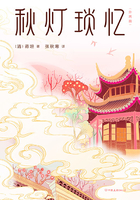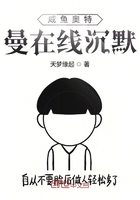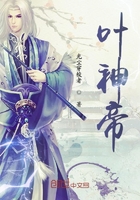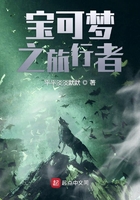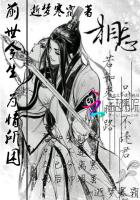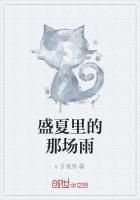Shen Nong is the Father of Chinese medicine according to ancient legend. Shen Nong’s Classic of Herb-Roots is said to have been written by him.
In ancient times, people ate wild grass and drank unboiled water, which led to a lot of disease and illness. However, they had no idea what caused the illnesses. For a long time, such illnesses even sometimes endangered life. Sometimes, people were bitten by snakes or insects and died of infection. First their limbs would puff up. The gummy parts of the body would fester, leading to death in serious cases. Due to such perils, life expectancy at that time was very short, averaging less than 25 years.
Looking at the suffering of the people, Shen Nong was greatly troubled. How could these diseases be cured in order to rid them of this suffering? Shen Nong set to work and discovered many methods of disease prevention including baking with fire, watering, sunning and freezing. Though these methods could alleviate the symptoms of some diseases, the effect was still not ideal.
Because of overwork and worry, Shen Nong became ill himself and developed a very bad cough which forced him to bed. After lying for a long time, he decided to take a walk outside. He came to the West Hill and, almost without thinking, he put a nameless blade of grass that he found on the hill in his mouth to chew. The grass was terribly bitter, so he spat it out immediately. However, he felt his cough miraculously alleviated.
Could it be possible that the grass could cure disease? With great excitement, he picked a good bunch of grass. After he returned home, he continued to chew it and his illness was actually cured. He had proved that the grass really had a miraculous effect in curing diseases. He began to study it intensively and found several kinds of herbs which could cure disease.
There were many kinds of diseases, but Shen Nong couldn’t find many herbs. To treat more diseases, Shen Nong had to think deeply about the problem. Finally an idea came to him.
On the fourth day, he led a group of people from their hometown Lishan Mountain in Suizhou towards the big mountains in the northwest. After 49 days of ceaseless walking, their legs were puffed up and their feet were covered in calluses. They finally came to a place where the mountain peaks undulated and many gorges connected. The mountains were covered with exotic flowers and herbs, and the striking fragrances spread very far on the breeze. As Shen Nong and his companions walked on, a group of wolves, tigers and leopards came out from the gorge and surrounded them. Shen Nong called on his men to beat back the wild animals with whips. However, when one group was driven off, another group came up to take their place. They fought against the wild animals for seven days and seven nights and finally drove them all off. The stripes and scars on the tigers, leopards and boa constrictors became their recognisable markings from that day on.
Shen Nong’s men persuaded him that this place was too dangerous and they urged him to return home with them. Shen Nong shook his head, saying in a firm tone “I cannot go back. Since I have found no way to cure the diseases of the people, how can I go back and face them?” He led them forward as they entered the gorge and came to the foot of a vast mountain.


